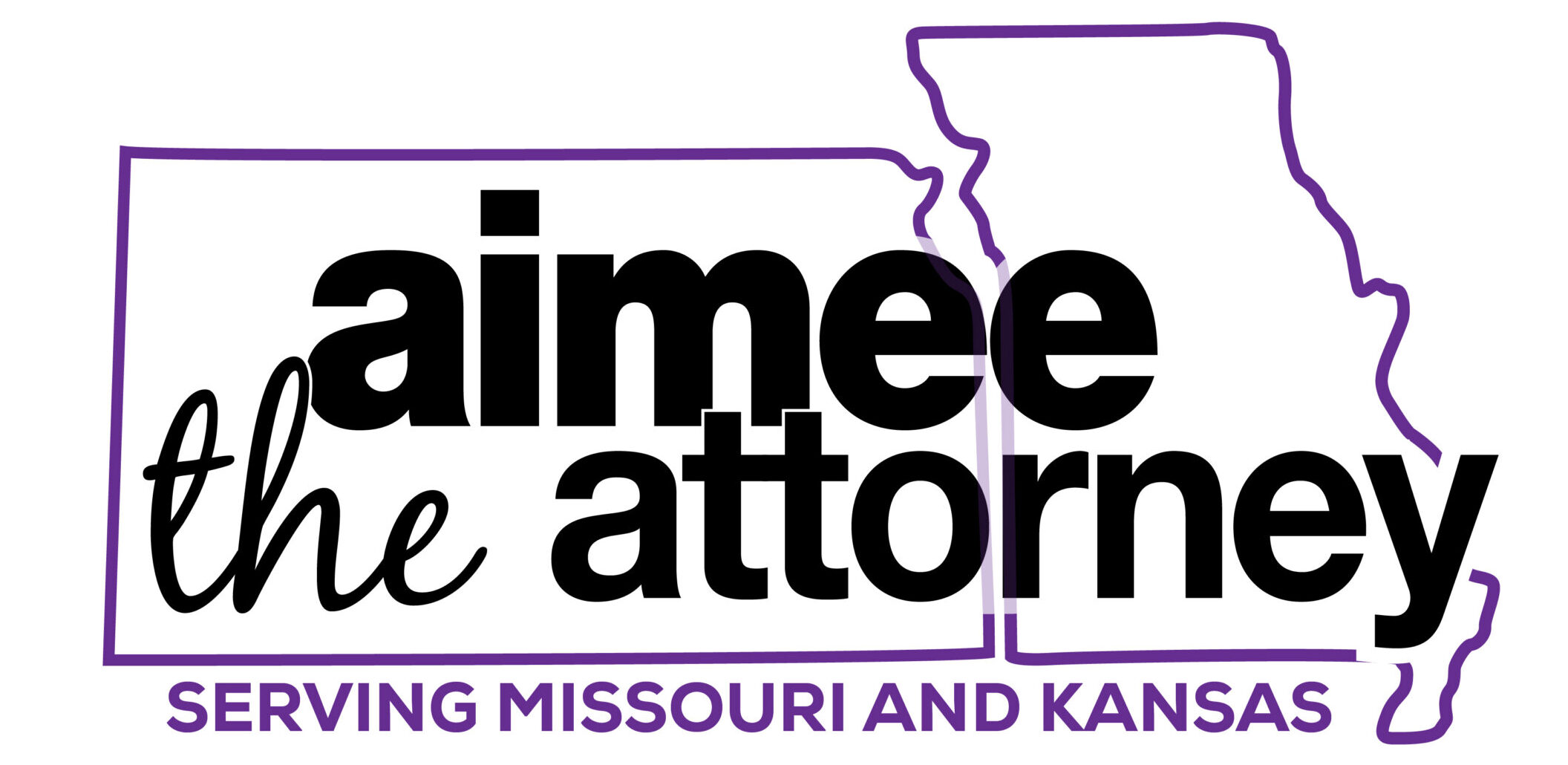Trust Adminstration
Trust Administration Attorney
Are you a trustee who needs help administering a trust? I offer a one-hour consultation that includes a review and checklist of how Trust Administration works. During the consultation, I will outline the steps you need to take when administering a trust and provide you with a checklist of Trust Administration tasks
The cost of the consultation is $750, which will apply to my fee if you hire me to assist with the trust administration. I understand that every client's situation is unique, so I take the time to listen to your needs and provide guidance that meets your specific goals.
I can help you navigate the complexities of trust administration and ensure that the trust is followed.
I practice in Kansas and Missouri, specifically in the greater Kansas City metropolitan area.
If you require assistance with trust administration or any other estate planning matter, don't hesitate to contact me today to schedule a consultation.
Why is Trust Administration Important?
John and Tanisha were married for 30 years when they both passed away. They had two children together (Flo and Bev), and John had two children from a previous marriage. John and Tanisha created a trust that included all four children as beneficiaries. Flo was named as Trustee.
Flo didn't talk to her half-siblings much and wasn't sure how to handle the situation. She contacted a trust administration attorney who could guide her through the process. The attorney helped her understand what she needed to do and provided her with a checklist of tasks that needed to be completed. Flo hired the same attorney to do some of the administration.
Thanks to the attorney's guidance, Flo navigated the complexities of trust administration and ensured that everyone received their fair share of the inheritance. She also protected her inheritance and ensured it was distributed according to her mother's wishes.
Trust Administration
Frequently Asked Questions
Sure! Here are the questions and answers:
As a trustee, your role is to manage and administer the trust assets according to the trust document's terms
Your responsibilities as a trustee include managing and investing trust assets, distributing income and principal to beneficiaries, keeping accurate records, filing tax returns, and communicating with beneficiaries.
The relationship between the Trustee and the beneficiaries is one of trust and fiduciary duty. The Trustee has a legal obligation to act in the best interests of the beneficiaries.
Beneficiaries can access what's in the trust according to the trust document's terms. Some trusts allow for distributions of income and principal regularly, while others may require certain conditions to be met before distributions can be made.
The grantor's intentions in building the trust should be outlined in the trust document. Trustees must understand these intentions to manage and administer the trust assets accordingly.
The grantor's hopes for how this money will be used should also be outlined in the trust document. Trustees should understand these hopes to make decisions that align with them.
The impact of the trust on you will depend on your role as a beneficiary or Trustee, as well as the terms of the trust document.
You work and administer a trust's finances per the instructions by following the terms of the trust document and acting in accordance with your fiduciary duty.
The part that this trust will play in your financial future will depend on your role as a beneficiary or Trustee and the terms of the trust document.
Some common errors that trustees make include failing to keep accurate records, communicating with beneficiaries, investing prudently, and acting following their fiduciary duty.
